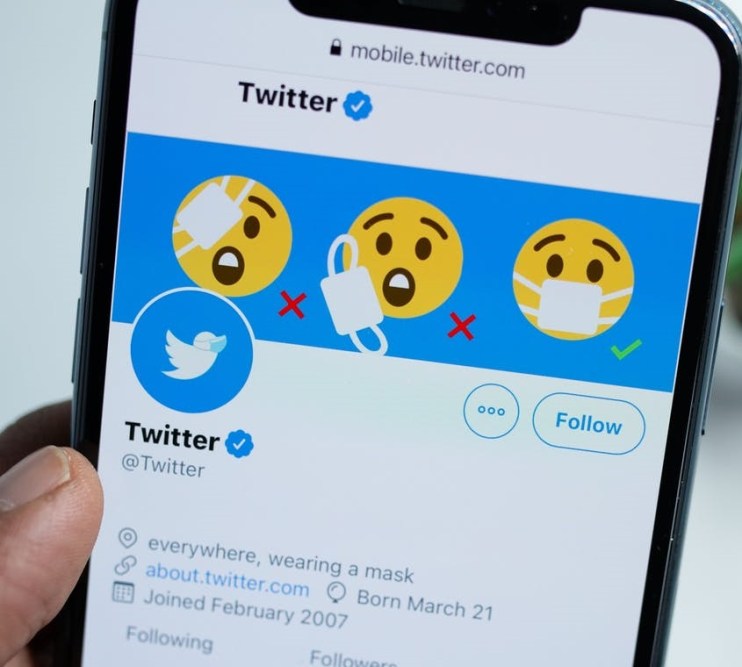After Elon Musk turns down board seat: With 211m users worldwide, is Twitter the next social media giant to die?

Sixteen years after its launch and with 211 million users, Twitter has long been considered one of the original social media platforms.
However, as the likes of TikTok make rapid gains in popularity, it seems today’s social media users are being drawn away from the hard news and conflict of Twitter debate, to more positive environments.
Moreover, Elon Musk, the man behind Tesla and SpaceX, has turned down a spot on Twitter’s board, after being revealed as the platform’s majority shareholder.
Musk was due to step onto the board on Saturday. However, instead of taking up his new post – the billionaire instead asked his 81m followers: “Is Twitter dying?” citing inactivity as his top concern.
Musk’s views are widely shared. According to new research by TheSoul Publishing, only 3 per cent of Brits believe Twitter will still be popular in 2026.
In comparison, 32 per cent believe that TikTok will be the most popular platform in four years’ time. This is followed by YouTube (14 per cent), Instagram (13 per cent) and Facebook (12 per cent).
When questioned on the sort of content they want to watch more of, 75 per cent of British respondents agreed that fun and positive online videos will become an even more popular source of entertainment.
This shows an upward curve year-on-year – an increase of 14 per cent from 2020.
Rise and fall
“When it comes to the rise and fall of social media platforms, users are very much in the driving seat,” commented Victor Potrel, VP of platform partnerships at TheSoul Publishing.
Potrel told City A.M. today that “with an intense news cycle, positive escapism has brought a welcome relief to many. It’s no surprise that the likes of TikTok and Pinterest, which surface a lot of feel-good content, have seen record growth.”
In the UK, music videos continue to top the charts of the most popular category consumed, with 45% of people watching more now than six months ago.
Despite lockdown relaxations, practical genres have also held on to audience attention, with 37 per cent watching more cooking and baking content and 27 per cent more DIY and crafting videos than they were six to eight months ago.
But while newer channels are making rapid gains, there is still a lot to be learned from the giants of the social media world.
YouTube was selected by 40 per cent of Brits, when asked for their primary destination for positive video content. It also remains the platform that consumers turn to when they want to learn new skills, with 59 per cent doing so.
“Positivity is about choosing content which makes us feel better and is linked to our online communities.”
Victor Potrel
There are clear gender differences on how positive a social media channel is perceived as, however, with 29 per cent of women seeking positive content on TikTok, compared to just 12 per cent of men.
“Twitter, which has been around for a long time now, has been shaped by a focus on sharing and debating hard news.
“Now, audiences are opting for a more controlled environment where they can enjoy light-hearted content and interact with other users, in a positive space,” Potrel concluded.